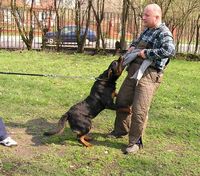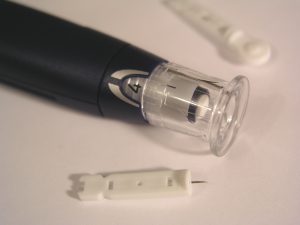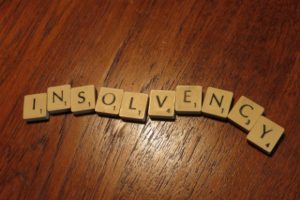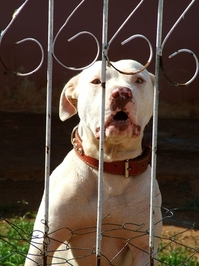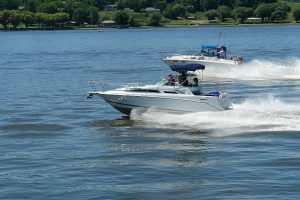
Summer is almost upon us and droves of Georgians will be heading to their favorite lakes soon. Memorial Day is probably the busiest weekend for boaters on Lake Lanier, Lake Allatoona, Lake Oconee, Lake Sinclair, Lake Rabun , Lake Jackson and various other lakes in Georgia. You can bet that there will be inexperienced boaters and wave runner operators on the lake – perhaps, after drinking an alcoholic beverage or two. So, remember to be careful and always keep a watchful eye as boating collisions occur without seatbelts and may involve moving parts including propellers. From my perspective, a majority of accidents (some involving deaths) occur on Lake Lanier due to its size, numerous boaters, proximity to Atlanta and numerous facilities that sell and/or serve alcohol. In fact, it is common to read or hear about a boating accident on Lake Lanier at least several times a month during the summer season. Always remember to wear a life vest while out on the boat and become familiar with boating rules and regulations.
Boating accidents can occur due to various factors and circumstances, and understanding how they typically happen is crucial for promoting safety on the water. Here is an expanded discussion on how boating accidents/collisions commonly occur:
- Operator Inattention or Inexperience: One of the most common causes of boating accidents is operator inattention. Distractions such as engaging with passengers, talking on the phone, or attending to non-boating activities can divert the operator’s attention from their surroundings. Failing to pay attention to other vessels, navigational hazards, or changing conditions can lead to collisions, grounding, or other accidents. Inexperience also plays a significant role, particularly among new or inexperienced boaters who may lack the necessary skills and knowledge to navigate safely. Inadequate understanding of boating regulations, navigation rules, and emergency procedures can contribute to accidents caused by inattention or errors in judgment.
 Atlanta Personal Injury Lawyer Blog
Atlanta Personal Injury Lawyer Blog



